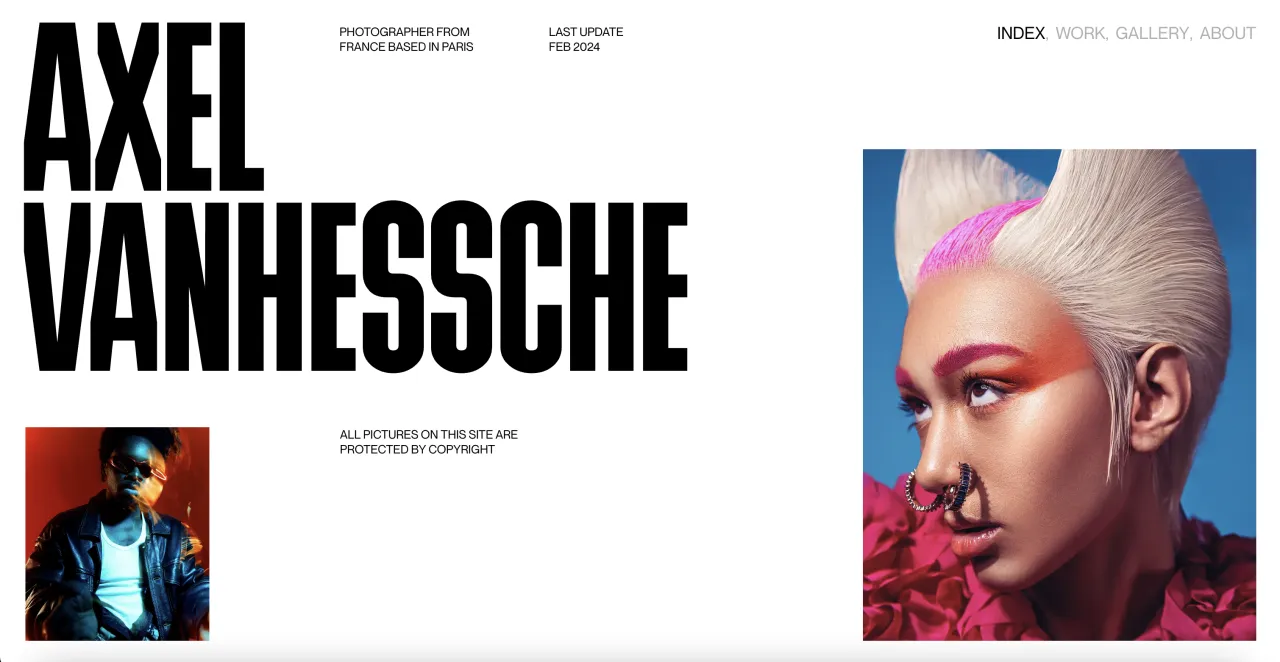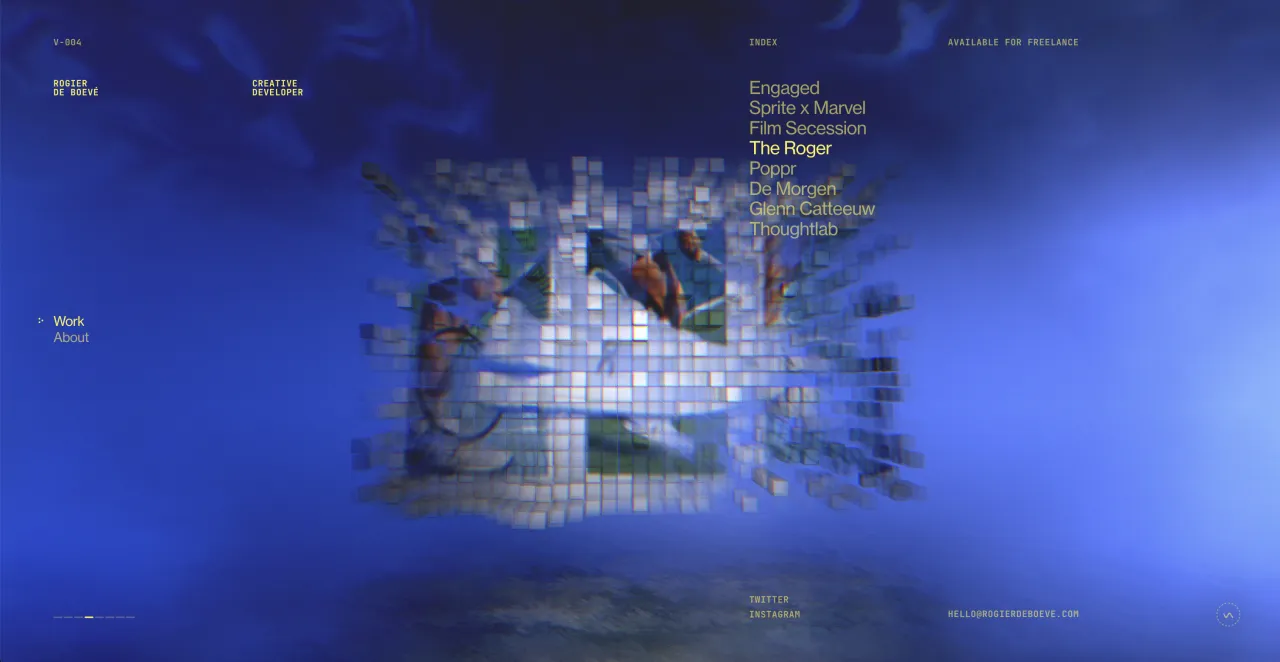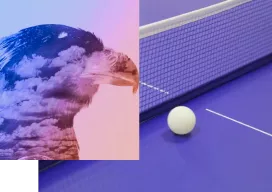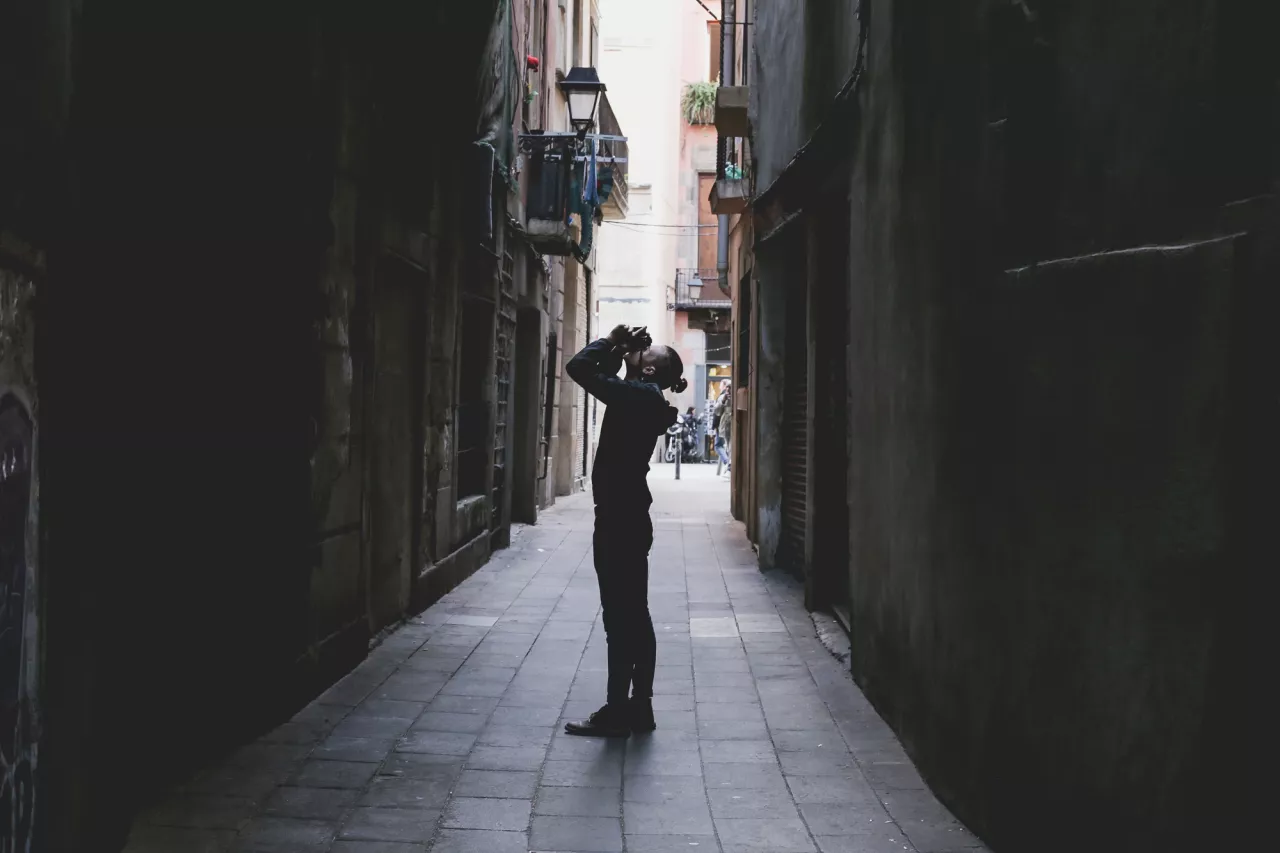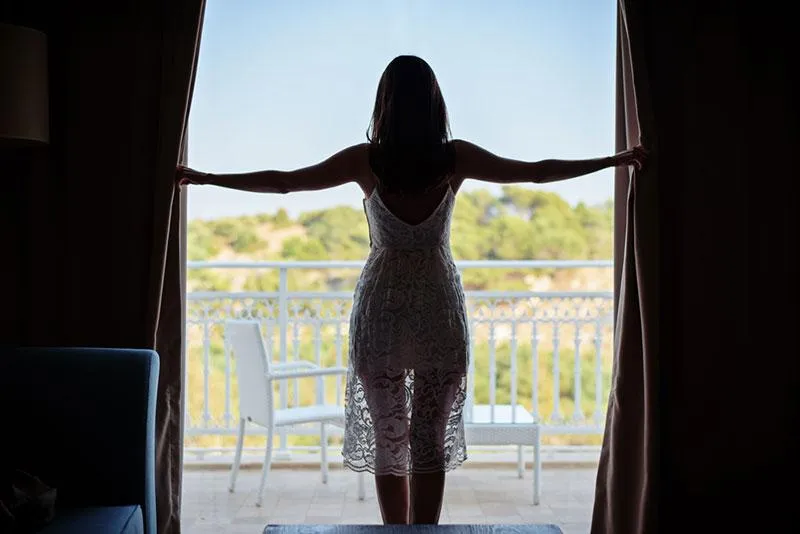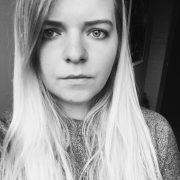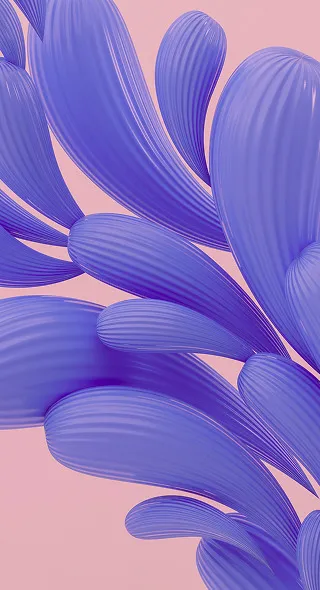Davide Esposito: I’m a lone wolf with my own philosophy and view
Davide Esposito, a self taught photographer, only shoots at nighttime. His unusual photographs don’t abide by rules, but rather represent a complex state of mind. Davide explores the sense of nothingness, a kind of loneliness in his black and white shots taken in Capri. It is in his style and technique that the viewer is left to ponder on what the artist feels and what else all this could mean.
Davide meditates on deep questions about the essence of existence, mirroring his own concerns and most of all his feelings. How photography makes him feel is precisely what ended up saving him. Here are Davide Esposito’s unusual works and an exploration of some truly philosophical topics displayed to make you think.
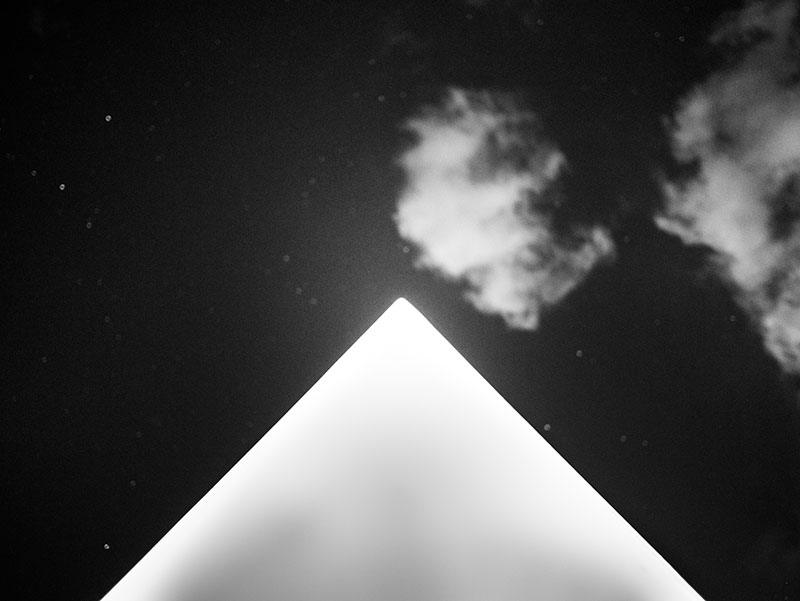
Tell us a little bit about yourself and your journey with photography.
Everything begun in the early days of 2010. Until I was 22 years old, I didn’t take any relevant photos in my life, just some snaps with the first smartphones. At some point the need of taking photos become very strong within me, so I found an old used DSLR in a photographer’s shop.
As a journalist, I started taking photos for my articles, then photography become my main obsession, I wanted to go deep inside my soul. Photography literally saved my life. I could finally give shape to things that had no name until that moment.
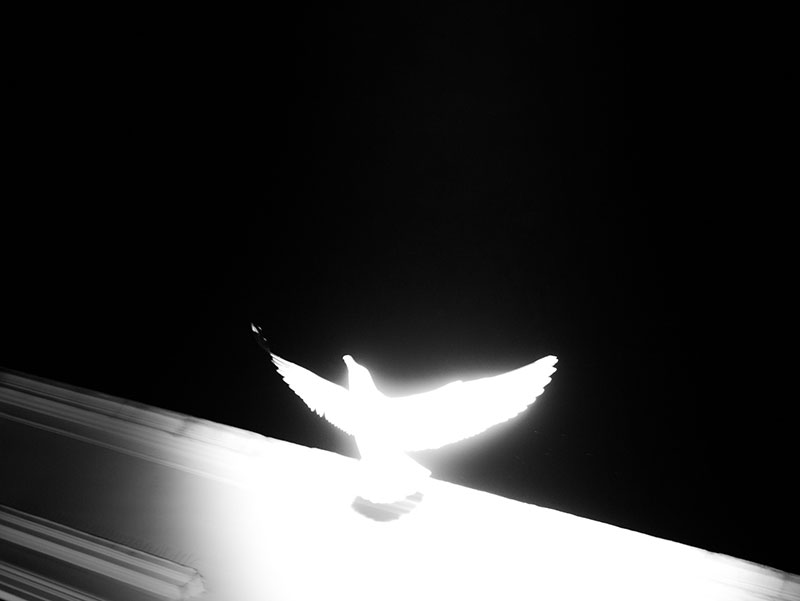
How did you get from being an aspiring photographer to actually doing it full time, for a living?
It took many years to become a better photographer: I had to dig deeper within myself, day by day. The only way to better yourself is being naturally obsessed with photography. The path is long. I spent many years shooting with photographers who were more experienced than me.
Fashion shootings, portraits, everything has had – and still has – its importance. This kind of training gave me the quickness to manage light and composition, and in that regard I have to give wedding photography a special place in my heart.
How important is formal training for a photographer and how do you educate yourself to take better pictures?
I never cared about formal training. I’m a self-taught photographer. I just try to deal with great photographers: their words and their company gave me the opportunity to follow the right path. It is extremely important to listen to their words. If you don’t get the chance to meet them, I’d suggest to read their interviews to get a deeper understanding of their art and their person. Last but not least, selecting the right workshops and exhibitions is not a bad idea. Although, generally, I’m a lone wolf with my own philosophy and view.
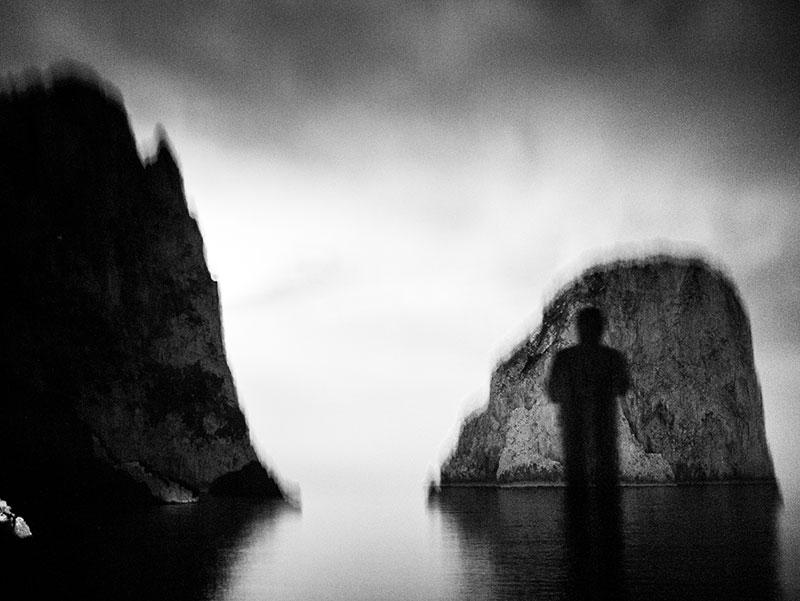
What’s your philosophy in regards to your work?
I strive to be faithful to my authenticity and to “go with the flow”. It’s the only way I can feel proud of myself, the only way to reach people. Each photo I take represents a twin of myself. It’s like carrying a backpack full of small copies of myself that don’t speak. Every time my abstraction becomes reality through a photograph, I “unpack” one of them and they start talking. They tell me about a thought I could barely remember. Something that has always been inside me, but voiceless until that moment. Or, another example: every photo is like rescuing one of my twins from a deep well with a rope, and each one of them is a version of me. The more twins I rescue, the more knowledge I get.
Could you share how this photograph was created? What message accompanies this particular shot?
It’s artificial light mixed with an ambient one, it’s just a matter of equilibrium. The strength of each part combining together is fundamental. Often, I know what’s going on only when I see the photos after, it’s instinctive: the meaning of this photo in particular is the matter of self identity. Losing the self also physically, still looking in the camera, like a ghost from elsewhere, from another dimension. I could see this photo sometimes day by day, looking in the mirror. It’s scary. “This must be the place… or not? What do I belong? What’s and where’s home?” – these are the questions.
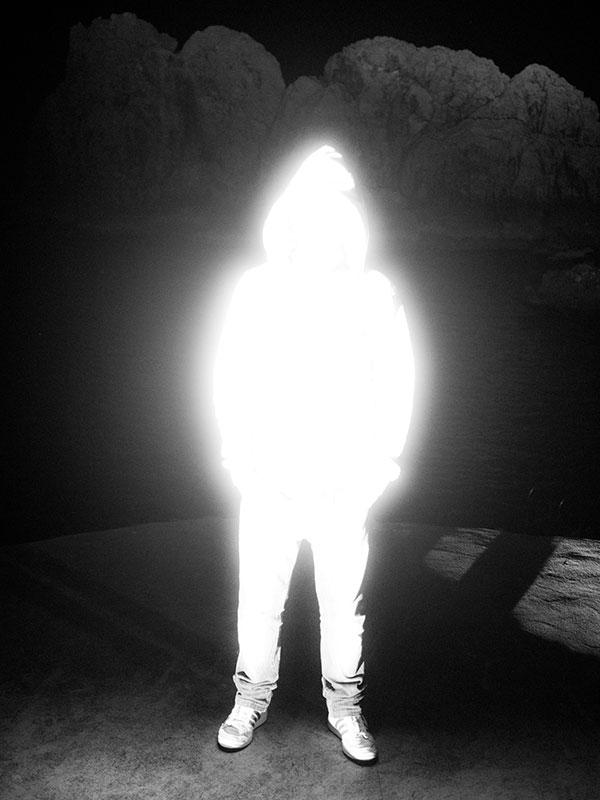
Among your projects, which series or a single photograph is your favourite? What’s the story behind the project or photograph?
My work in progress “Capri, dream of a shadow”. It’s something that hits a nerve within me. My island, Capri, represents a sacred hymn to my youth. I’ve spent many years in this beautiful place, suspended above the consciousness. This project represents the eternal return: during winter, the island of Capri change its mood. The landscape becomes cruel, rough. Humans begin to slow down their lives, nature’s rage arises. Every piece of life returns to its authentic form.
Capri, with its darkness, almost forces me to notice the genesis of the things that surround me: the wind, the rocks, the cold slapping salty waves in the face. The dualism of the human being, along with the dualism of everything we have humanized: yin and yang, good and evil. The opposites living together. The light burns into the darkness, some elements are there (sky, rocks, sea), but are deprived of their identity. A question makes its way into my mind: what’s there, what was in my dreams?
I only shoot at nighttime. Around that time, I feel like the walls of my consciousness come down and fall into a void. I get lost in my loneliness while I go deep in my fears and through my obsessions. I wait until I feel the photo, when natural light is perfect, then I smash everything with my own light and magic happens. There is no “frozen time” in those photos, simply time do not exist in that world: it’s a state of mind. I must look into the abyss.
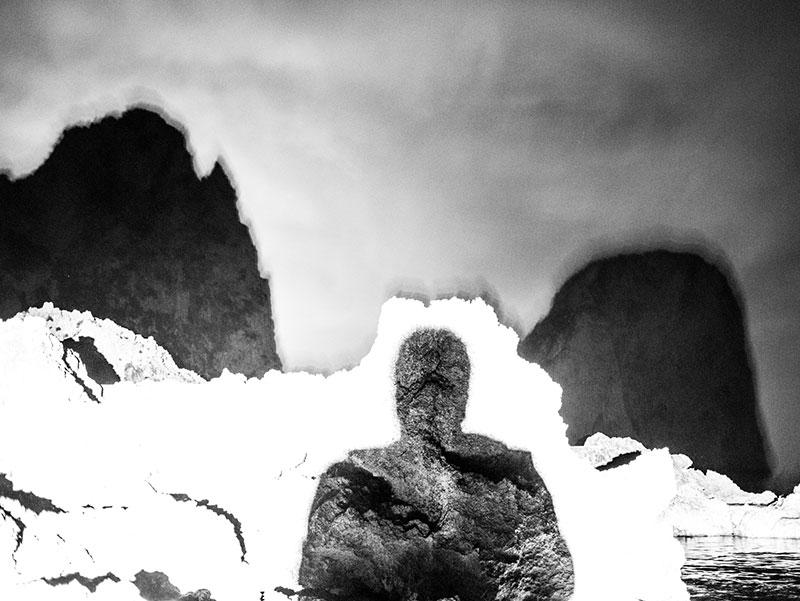
What are some of the themes you explore in your works that are personally very close to you?
The relationship between my inner world and nature/environment. Metaphysical worlds, the sense of nothingness, loneliness. The empty space between things: when something or someone is missing, but was supposed to be there. The vision become incomplete and open to interpretations.
What are some of the things you hope your audience will take away from your works?
I’d hope to give them the chance to experience their emotions on a deeper level. I refer to the deepest, most atavic, ancient emotions that lead to existential questions: how were we born and from where? Who are we? What’s reality?
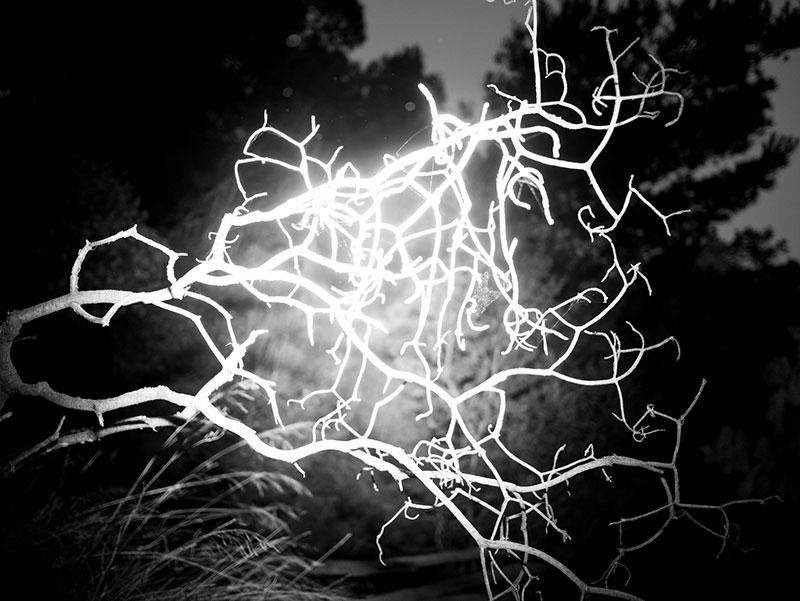
What is your favourite part about being a photographer?
I feel alive. I’m in my own world, where I can be the most authentic version of myself. I get to do the thing I love the most. It’s like spending time with your lover. It makes you happy.
Who were your biggest influences, where do you seek inspiration and what are the 3 things inspiring your work right now?
There are many photographers I admire, although it would take too long to make a list. Trent Parke holds a special place in that list. Luigi Ghirri influenced my art, too. His metaphysical concept is unbelievable. It appeared to be always a bit late, and I have the same feeling when I take photos.
Music, light, and the “empty space between things” (as I have previously explained) also represent a big source of inspiration for me.
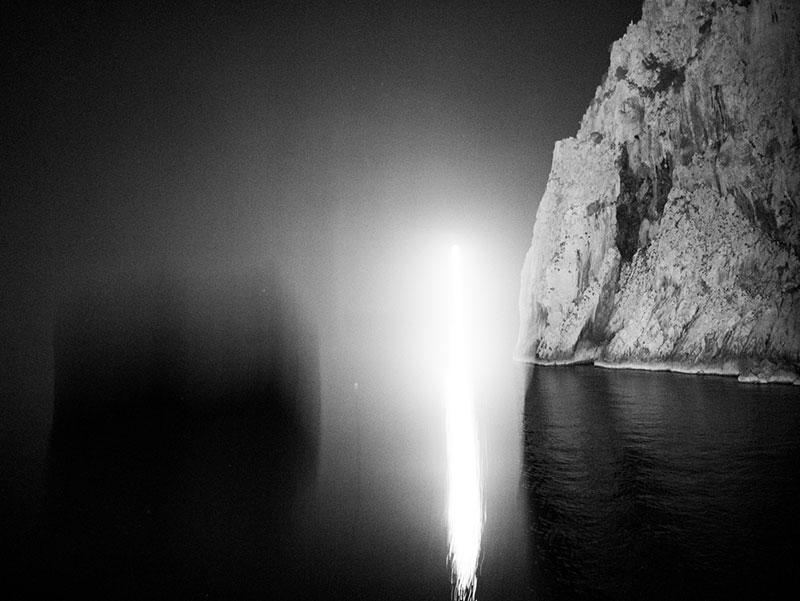
What motivates you to continue taking pictures economically, intellectually and emotionally?
I let my feelings lead the way. The pictures I take reveal some sort of emotion that – in that very moment – only I can perceive. I feel alive, I can feel the blood rushing through my veins. The continuous quest for this feeling is what motivates me. It’s priceless.
Would you say photography is more liberating or restrictive than other art forms? Do you pursue other artforms?
I would consider it quite restrictive since you can’t “invent” everything. A photographer is often obliged to travel restlessly – within and without himself – before that specific light, person or piece of reality gathers before him. Personally, I like this limitation because everything seems to become more intense. I crave those moments, because I’m able to witness the embodiment of what I have only felt through my abstraction until then. I can finally give them a name, a shape and a color. I also love writing, especially poetry. I have an anonymous blog for that. Although I suppose my main “hobby” is meditating about life.
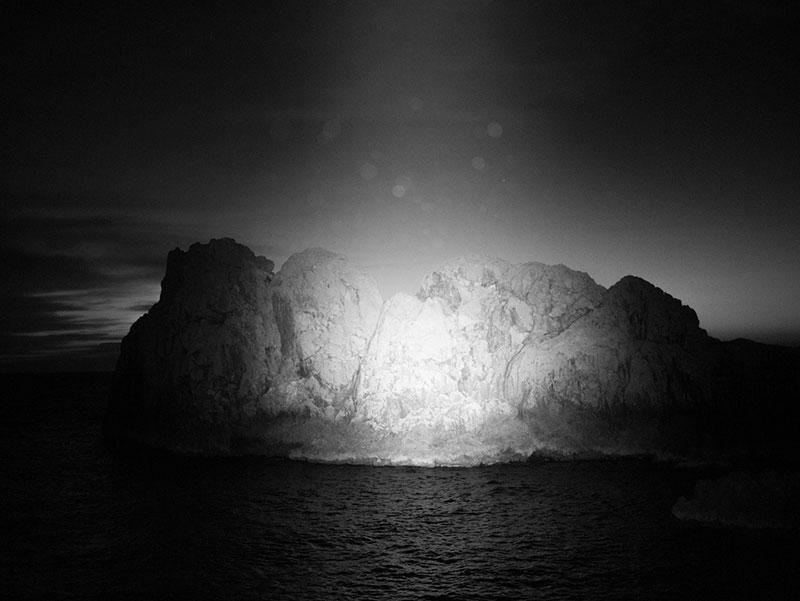
What do you consider your biggest success in your career so far?
Keep my camera always with me, 24 hours per day, never getting tired of it.
What makes a memorable photograph, in your opinion?
In my opinion, a superb aesthetic that meets a deep, inner meaning makes a memorable photograph. When the impossible meets the world of earthly existence. I believe in the existence of a few anthropological factors: there’s a chance that a photo may get to a “form”, an appearance that leads every man to feel the same way when looking at it. This is one of my goals: I want to “tickle” people’s souls in order to lead them to feel what I do. Whenever I take a photo I feel lost, as if nothing has the same meaning it had a few moments before.
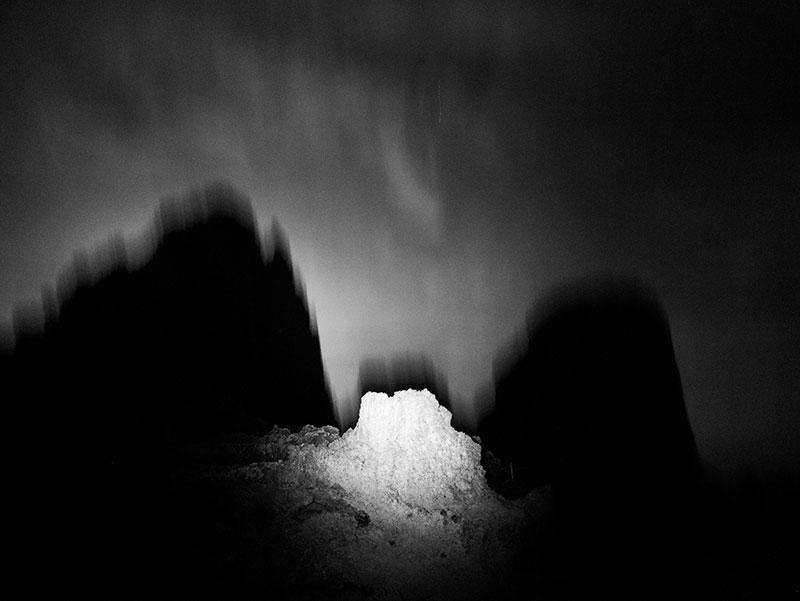
Do you have any advice for aspiring photographers?
Just rely on resilience, and more important, love. If you truly love photography and the way it makes you feel, you can be a photographer. Just be authentic, nothing else matters. If an aspiring photographer can’t afford formal or expensive education, it’s not a problem.
Could you share with us one of your favorite editing tools or tips?
Editing tools are not important for me, since I don’t like spending too much time in postprocessing. In the very moment I shoot, I pay attention to the smallest details : I strive to “seize” that moment in its perfection, to shoot photos that already look how I want them. I go with the flow and I’m guided by the lights nature provides me with. It’s a way to connect better with my inner self. In other words, it feels like getting orgasms while I take photos.
Selection is a different story: every photographer has a huge quantity of material to deal with. It’s always painful to select my photos. I wait until the night comes to get an understanding of what I truly want, sometimes the dusk is enough. I like looking at the daylight fade away, while it kisses the night. Then I sit in the darkness with music on and relive the feelings I had when I took the pictures. This way selection is still difficult but much easier for me.
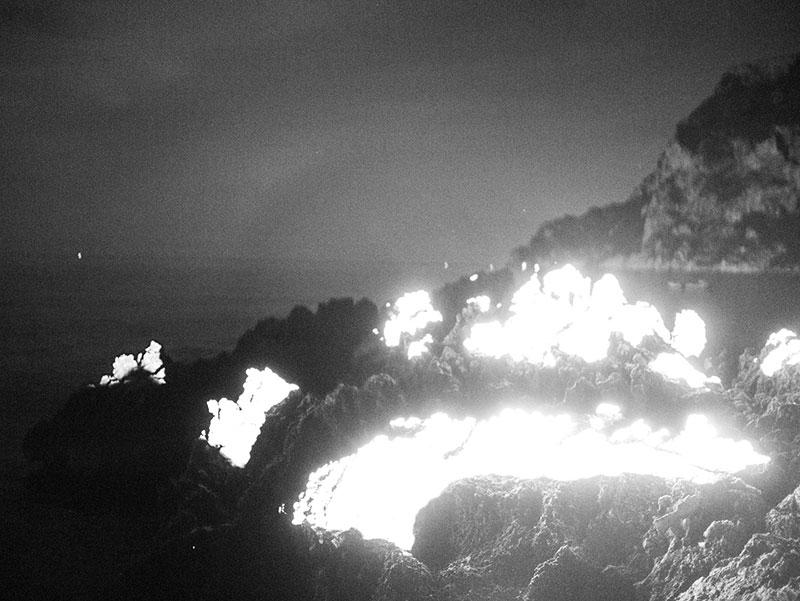
What is one question nobody has ever asked you about your work that you wish they had?
What happens within you when you take photos, how do you feel?
I would answer – being one thing with everything, losing connection with the material world.
To see more works by Davide Esposito, visit his personal website, Facebook, or Instagram.
